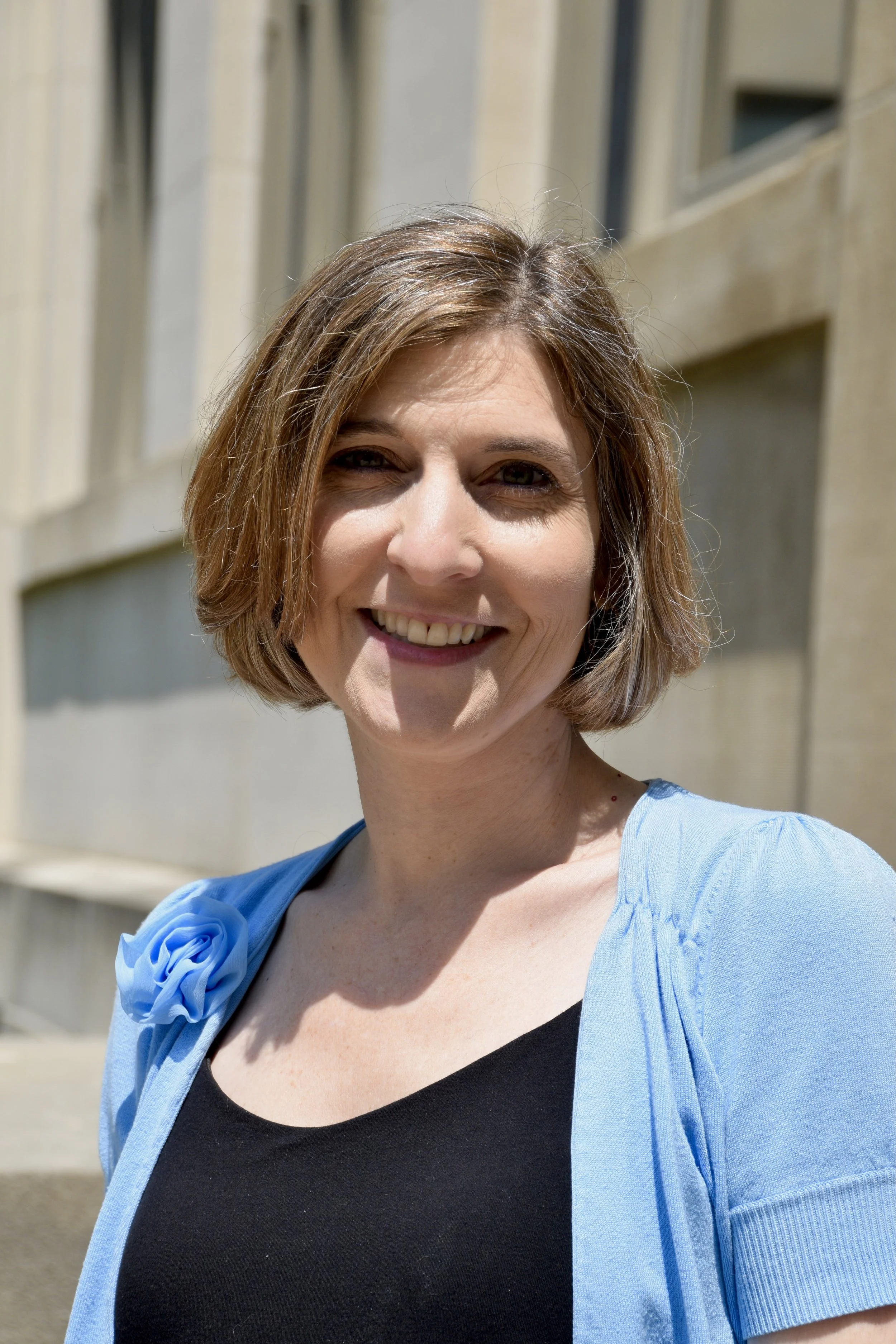Dr. Alissa Levy Chung
Photography done by Colleen Charchut
If you’re reading this, I want you to know that being hard on yourself is not the secret to your success.
As a clinical psychologist and a psychology professor at Northwestern, I work with lots of young adults who are high achievers. So many of them tell me that they struggle with feeling guilty when they are not “productive” (meaning getting work done or activities that will promote academic or career success). Exercise is usually seen as productive (unless it is enjoyable). Taking a break, spending time with a friend, and pursuing a hobby are all activities that must be earned. So, life gets organized by shoulds, and wants fall far behind. And then people end up feeling stressed or anxious or unhappy or ill.
Because people cannot maintain these fast-paced schedules all the time, they inevitably end up doing something that they consider to be a waste of time (maybe phone scrolling or napping). And then comes the judgment. I’m lazy. I’m not as good as other people. I’m wasting money or a scholarship here.
When I challenge the judgment, people are reluctant to give it up. One reason is because they believe their harsh thoughts, but a more complicated reason is because they believe that they are fueled by those thoughts. Or they believe that it is better to acknowledge being a terrible person because it somehow makes them a little less terrible.
We have been conditioned to think we need to be productive and successful all the time, and any moment that is not productive is of lower value. And we think that by being hard on ourselves, we will motivate ourselves to work harder or to be better. And yet, people are not very motivated by harsh criticism. Mostly, it just makes us feel worse and less likely to do the things we think we should be doing. It also makes us shy away from doing things we truly enjoy that we think must be earned. So, down time ends up feeling stressful and not rejuvenating both because we not doing what we really want to do and because we are judging ourselves for doing it at all.
One exercise I go through with clients and sometimes with students is a values check. I ask people to write down what they value in life: school, friends, sports, pets, family, art… Then, I ask them to think about how they are allocating their time and whether or not that is in line with their values. Often, people say that they care more about their relationships than other things, or at least relationships get pretty high billing. But then they somehow feel guilty when they spend time with friends just to have fun because that is time that could be spent working.
So, I would encourage you to remember that productivity is a complicated idea. Spending time with people you care about is productive because relationships matter. Spending time on hobbies is productive because hobbies make you more interesting and happier. Spending time getting sleep or having a meal is productive because you can’t do much if you are sick or burned out.
And most of all, remember that being kind to yourself is not going to make you soft. Your drive comes not from a place of criticism and fear but from your desire to do great and good things. We thrive in positive workplaces and communities, so don’t be afraid to let your internal world be a positive place.
Dr. Alissa Levy Chung, Northwestern University
Associate Professor of Instruction in Psychology
Connect With Us
To follow IfYoureReadingThis at Northwestern on Instagram, get in touch with our chapter, and learn about more resources available to Northwestern students, visit our chapter’s homepage.
AUTHOR CONTACT
This author has opted to allow readers who resonate with their story to contact them. If you would like to speak to the author of this letter about their experience, please use the form below.

